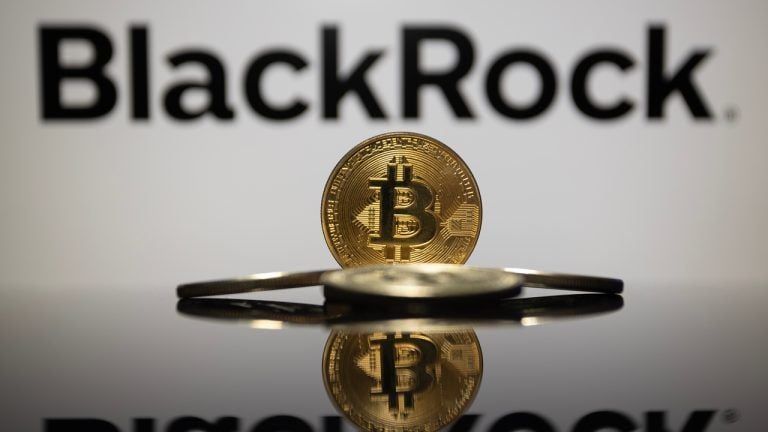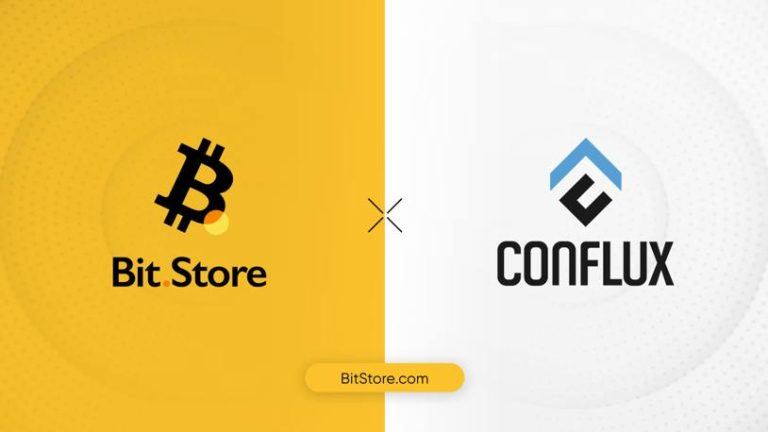
Nexo leaving US, says country lacks clear regulations

The crypto lending platform says it will no longer accept new registrations, and operations for existing customers will eventually be wound down.
The crypto borrowing and lending platform Nexo plans to gradually cease operations in the United States “over the coming months,” according to a blog post on Dec. 5. Nexo has stated that the decision to leave the U.S. is “regrettable but necessary.”
Today we are announcing the regrettable but necessary decision that Nexo will be phasing out its products and services in the United States due to a lack of regulatory clarity.
— Nexo (@Nexo) December 5, 2022
In the post, Nexo said that it has been talking to U.S. regulators for 18 months in an attempt to determine how to comply with U.S. financial laws. But these talks have not resulted in an agreement between the company and U.S. officials.
“Our decision comes after more than 18 months of good-faith dialogue with US state and federal regulators which has come to a dead end,” the company said. “It is now unfortunately clear to us that despite rhetoric to the contrary, the US refuses to provide a path forward for enabling blockchain businesses and we cannot give our customers confidence that regulators are focused on their best interests.”
Nexo disclosed that it has off-boarded customers from New York and Vermont and suspended further registrations for the platform’s Earn Interest product in the U.S. In addition, current customers in eight other states will stop having access to the Earn Interest product after Dec. 6, 2022.
Existing customers from other states will still be able to access the product for the time being.
U.S. regulators have come under fire in recent weeks following the collapse of crypto exchange FTX. Some U.S. lawmakers have argued that regulators should be given more expansive powers to monitor crypto exchanges. On the other hand, some industry executives have made the opposite claim that overregulation is driving U.S. investors onto more risky offshore exchanges.
Go to Source
Author: Tom Blackstone







